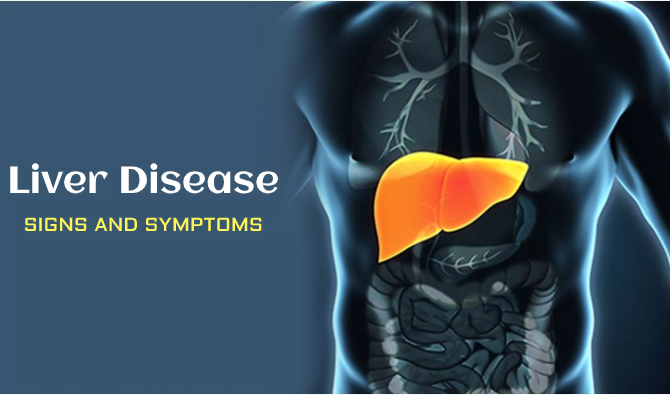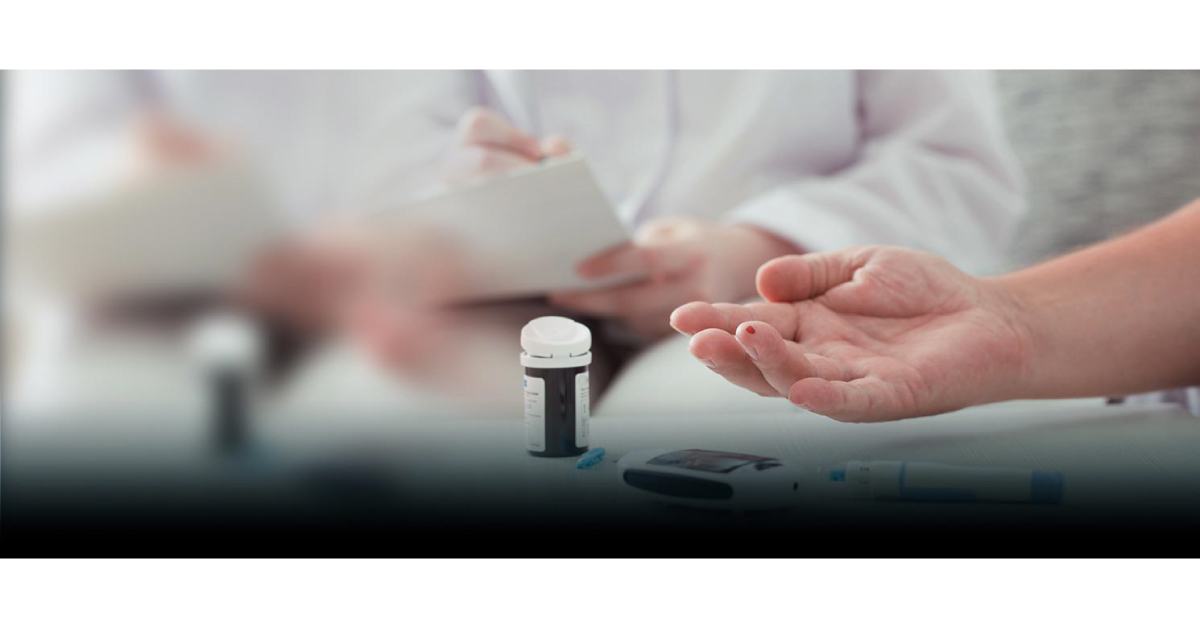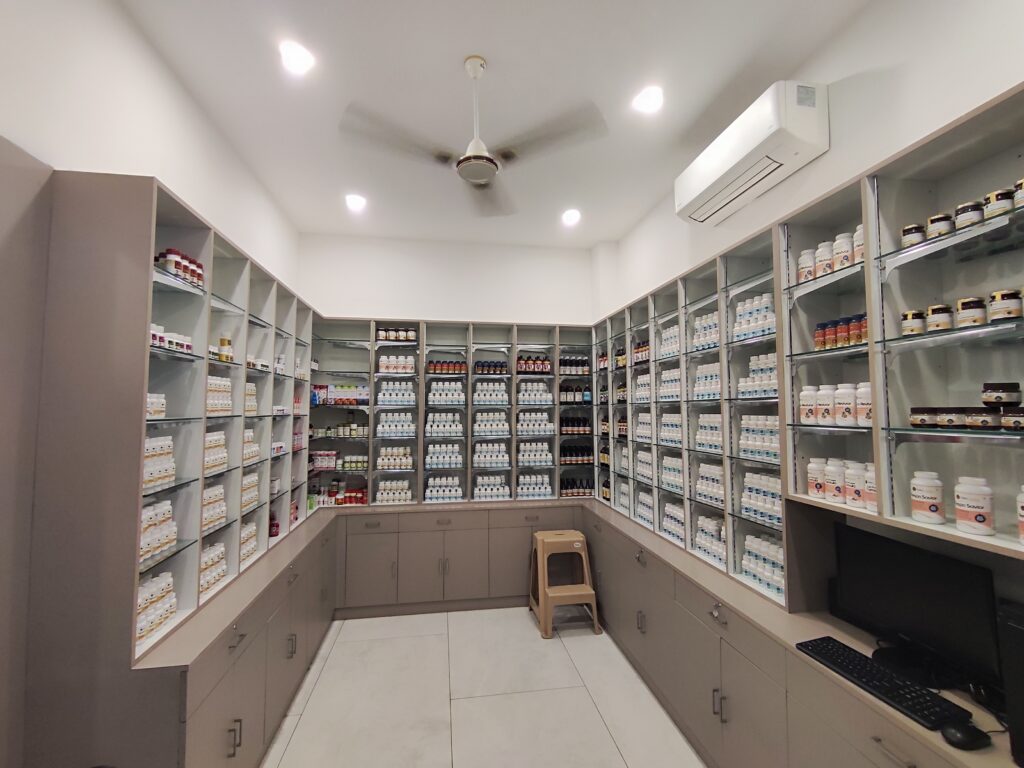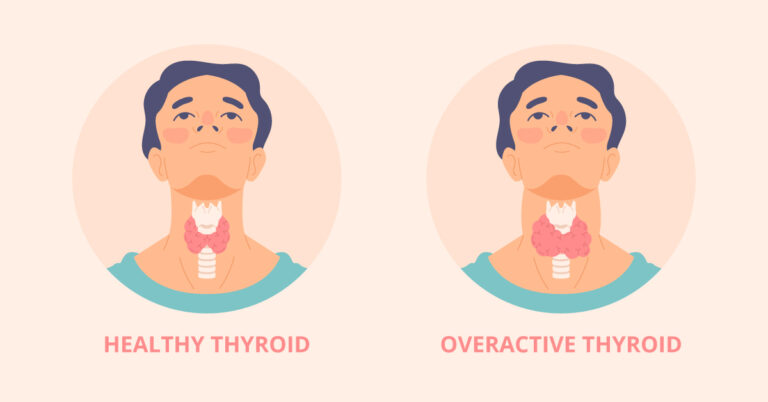Introduction:
Thyroid gland disorders are among the most common disorders that are spreading worldwide. The hormones secreted by the thyroid gland helps to regulate the metabolic rate of the body. The endocrine system disorder related to this gland is characterized by physical and mental abnormality and is the most prevalent disorder. Hypothyroidism is a disorder in which the thyroid gland does not produce enough thyroid hormone. A person with hypothyroidism suffers from common symptoms like fatigue, cold intolerance, weight gain, puffiness of the face, etc.
The prevalence of this disorder is increasing in India at an alarming rate. Females are more vulnerable to this disease than males are. In Ayurveda, there is no exact co-relation of hypothyroidism, but Ayurveda’s traditional system of medicine is very futuristic. It doesn’t emphasize naming the disease but insists on understanding the constitutional status of the disease and adopting the best Ayurvedic treatment.
In Ayurveda, the description of Galganda (swelling in the neck) is frequently mentioned and its symptoms are like those of hypothyroidism. Besides this, Tridosha, Agni (Digestive Fire), all 9 Strotas (channel of circulation), 7 Dhatus (Tissues) are involved in the pathogenesis of hypothyroidism.
Facts to know about Hypothyroidism:
- 200 million people in the world are suffering from thyroid disorders out of which 80% of thyroid disorders are diagnosed as hypothyroidism.
- Hashimoto Thyroiditis – a disease in which our body’s immune system mistakenly attacks our thyroid is the most common cause of hypothyroidism. 10 million people in the US have Hashimoto’s thyroiditis.
- 1 in 2640 newborns in India suffers from hypothyroidism. The number is 1 in 4000 worldwide.
- In the 1800s, eating fried thyroid of sheep by was a treatment of hypothyroidism. Animal thyroid hormones are still available.
- Today synthetic thyroid supplements are preferred, although they are manmade, they work exactly like the hormone produced in our body.
- Females over 50s are more susceptible to develop hypothyroidism. 1 out of 8 women is likely to develop thyroid problems in their lifetime. 2-7% of males are affected by hypothyroidism.
- Stress and pregnancy can impact thyroid disorders.
- Insufficient intake of iodine will result in insufficient production of thyroid hormone in your body.
- A blood test can confirm that you have hypo or hyperthyroidism.
What is hypothyroidism?
The thyroid is a butterfly-shaped gland. Iodine we take through food is used by the thyroid gland to make thyroid hormones namely T3, T4, T3 and T4. These hormones help to regulate body metabolism and stimulate body tissues to increase oxygen usage in cells and protein production. Irregular levels of thyroid hormones lead to thyroid disorders. Deficiency of these hormones leads to hypothyroidism and an increase in these hormones leads to hyperthyroidism. Hypothyroidism also occurs as a result of low intake of iodide and lack of response of nutrients to the body.
Causes of hypothyroidism
Ayurvedic point of view:
- Vata Parkopaka Nidana (factors that increase Vata)
- Kapha Parkopak Nidana (factors that increase Kapha)
- Agni Dushti Hetu (factors that imbalance digestive fire)
Modern point of view:
- Auto-immune disorders: A most common cause of hypothyroidism is Hashimoto’s Thyroiditis – an autoimmune disorder.
- Radiation therapy
- Thyroid surgery
- Congenital diseases
- Pregnancy
- Iodine deficiency
- Pituitary disorders
Sign and Symptoms of Hypothyroidism:
Ayurvedic point of view:
- Gouravata (Heaviness in the body)
- Aruchi (Loss of appetite)
- Angmard (Bodyaches)
- Tandra (Sleepiness)
- Pandu (Anemia)
- Vibandh (Constipation)
- Alap Samriti (Impaired memory)
- Shusk Tvak (Dry skin)
- Kalevaya (Infertility)
- Shoth (Edema)
Modern point of view:
- Weight gain
- Puffiness
- Dry skin
- Constipation
- Depression
- Thinning hair
- Muscle ache
- Impaired memory
- Increased sensitivity to cold
- Elevated blood cholesterol
- Goiter
- Hoarseness
Symptoms of hypothyroidism in infants:
- Umbilical hernia
- Difficulty in breathing
- Hoarse crying
- Excessive sleepiness
- Pale skin
- Poor muscle tone
- Large and protruding tongue
Ayurvedic line of treatment:
- Vamana (Emetic therapy)
- Virechana (Purgation therapy)
- Siravedh (Bloodletting)
- Nasya (Medication through nasal route)
- Dhoompana (Inhalation of medicated smoke)
- Swedana (Sudation therapy)
- Purana Ghrit Pana (Intake of ghee stored for years)
- Kshar Yoga (Alkali therapy)
- Agni karma (Cauterization)
- Rasayana (Rejuvenation therapy)
Herbs that regulate Agni i.e Deepniya and Pachniya Drugs:
- Pippali (Piper longum)
- Aadraka (Zingiber officinalis)
- Chavya (Piper chaba)
- Chitrak (Plumbago zeylanica)
Lekhaniya Dravya to reduce excessive weight
- Guggulu (Commiphora mukul)
- Mustak (Cyperus rotundus)
- Haridra (Curcuma longa)
- Daruharidra (Berberis aristata)
- Vacha (Acorus calamus)
Rasayana
- Guduchi (Tinospora cordifolia)
- Mulethi (Glycyrrhiza glabra)
- Ashwagandha (Withania somnifera)
- Kanchnar (Bauhinia variegata)
Chaturbeej (Four seeds Powder) A great herbal formulation containing –
Equal quantity of the following four herbs, grounded well and mixed is very effective remedy for Hyperthyroidism –
- Methi (Trigonella foenum graecum)
- Kalonji (Nigella sativa)
- Yavani (Trachyspermum ammi)
- Chandrashoor (Lepidium sativum)
Pathya and Apathya (Dos and Dont’s)
Apathya (Dont’s)
- Ksheer Vikriti (Milk and milk products)
- Ikshu Vikriti (Sugarcane and sugarcane products)
- Guru (Heavy food)
- Amal Rasa Bhojan (Sour food)
- Madhur Rasa Bhojan (Sweet food)
- Non-vegetarian food
- Stress
- Processed food
- High glycemic index food (white bread, corn, etc)
- Fatty foods such as butter, fried things
- Sugary food
- Alcohol
Pathya (Do’s)
- Purana Ghrit (old ghee)
- Yava (Barley)
- Mudag (Moong Dal)
- Take adequate amount of sleep
- Take plenty of cruciferous fruits like cabbage, broccoli, etc.
- Take excessive fibers from legumes, vegetables, and beans
- Drink plenty of fluids
- Make same time routine for your medication
When to see a doctor
If you experience any of the below symptoms, then you must get yourself tested for hypothyroidism:
- Lump on your neck
- A sudden increase in weight
- Puffiness
- Dry skin
- Pregnancy
- Trying to conceive
- Mood swings
- Irregular bowel movements
- Menstrual irregularities
- Changes in energy level
Conclusion:
Ayurveda says that if you don’t find the name of a particular disease in texts, then you must fit all the symptoms of that disease in its basic principles and then treat it according to Ayurvedic principles. Understanding thyroid disorders from an Ayurvedic perspective can give safe and effective management of the disease and healthful longevity.












[…] In Ayurveda Galganda (swelling in the neck) symptoms are like those of hypothyroidism. Checkout its Causes, Symptoms, and Ayurvedic Treatment […]